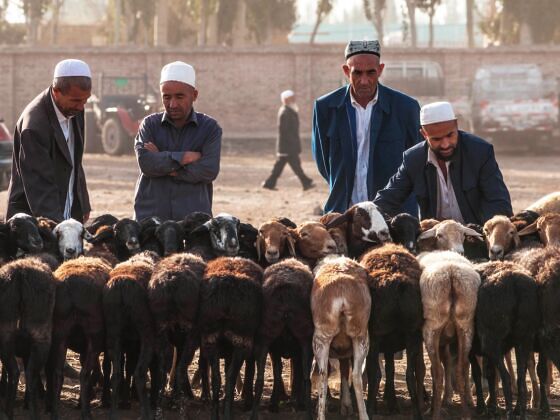My wife and I were packing for another vacation getaway on the motorcycle when a single phone call ruined our travel plans.
“Turn on your TV,” my friend told me. “There’s some scary stuff going on in the capital right now.”
We did as he said and both stared in shock, unwilling to accept that massive ethnic riots in Ürümqi were killing hundreds of people in China’s western province of Xinjiang, our current home. We knew that any more preparations would be useless. Travel, at least for this next week, would not be wise.
